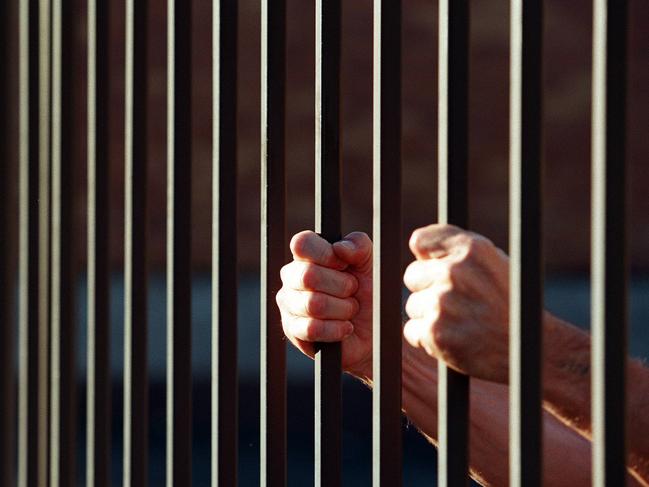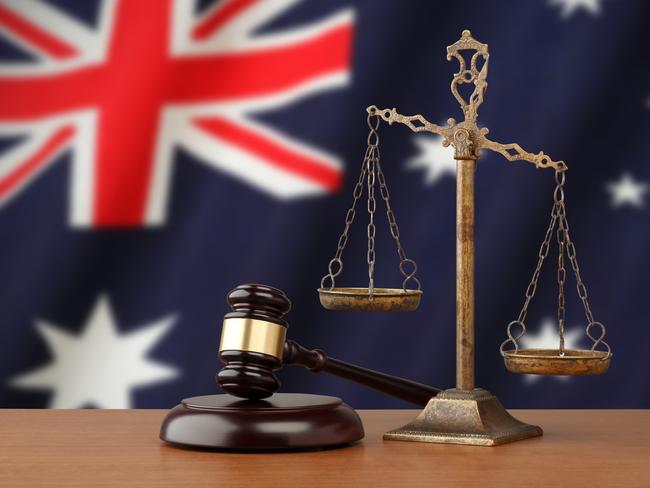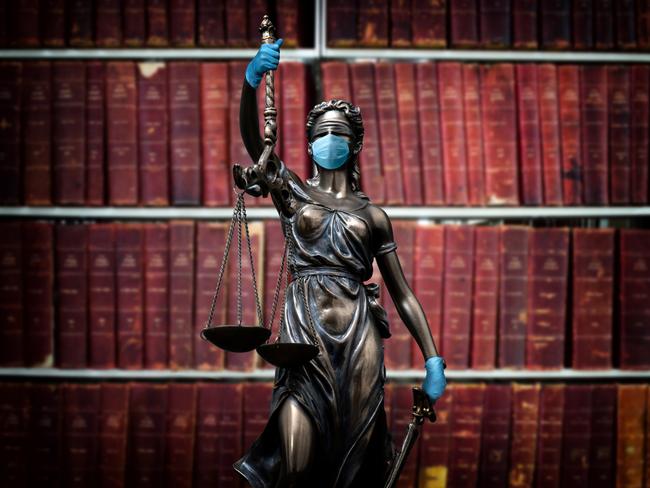Criminal trial delay in Australia could see more accused killers set free, mistrials and appeals
Grief-stricken families of homicide victims across Australia are enduring waits of up to two years as accused killers could walk free.
True Crime
Don't miss out on the headlines from True Crime. Followed categories will be added to My News.
Exclusive: Grief-stricken families of homicide victims across Australia are enduring waits of up to two years to have Supreme Court trials finalised.
News Corp can reveal some lawyers have already been instructed by their clients to appeal if they are convicted on grounds including a denial of due process.
Legal experts warn the delays — brought about by a growth in trials, increasing complexity of cases and more recently Covid-19 — mean a right to a fair trial could be a genuine risk, with mistrials and hung juries expected to increase.
Innocent people could also languish behind bars for longer than necessary, and victims advocate say the stress of losing a loved one is being exacerbated by endless delays.
In New South Wales in 2019/20, 34.4 per cent of Supreme Court homicide trials were taking more than 12 months, and 7.3 per cent were taking two years.

In Queensland in 2019/20, 25.7 per cent of Supreme Court homicide cases were taking more than 12 months, while 42.3 per cent of cases in the Magistrates Court were also taking more than a year.
In Victoria in 2019/20, 19.4 per cent were of Supreme Court homicide trials were taking more than 12 months, with 15.5 per cent at Magistrate Courts also taking longer than a year.
In Tasmania in 2019/20, 47.6 per cent of Supreme Court homicide trials were taking longer than a year, with almost 10 per cent taking two years.
In the ACT in 2019/20, 53.3 per cent of Supreme Court homicide trials were taking more than a year, with 6.7 per cent taking longer than two years.
In Western Australia in 2019/20, 31.7 per cent of Supreme Court homicide trials were taking longer than a year.
In South Australia in 2019/20, 12 per cent of homicide cases and a similar amount, 13.9 per cent, were taking longer than a year at Magistrates Courts.
The homicide cases – which include murder, manslaughter, attempted murder and driving causing deaths – are part of a wider backlog of criminal trials impacting courts across the country.

Hundreds of cases were still pending in 2019/20, according to the Productivity Commission, which represents a failure to meet the national benchmark that says no more than 10 per cent of lodgements pending completion in supreme, federal, district, county, coroners’ and family courts should be more than 12 months old.
Greg Barnes SC, national criminal justice spokesman for the Australian Lawyers Alliance, said “aggressive” case management was needed to resolve cases before trial, as was increased use of restorative justice, and the diversion of drugs possession charges away from courts.
“The problem with justice delayed is that firstly you’ve got people who languish on remand losing connections with their families, losing chances at employment and their health suffering because they’re locked down in prisons. You’ve got victims who are suffering with PTSD (post traumatic stress disorder) and various other mental health issues as a result of what’s happened to them, and awaiting trials – that’s unconscionable in a civilised society.”
Mr Barnes said “for the rule of law to apply” there needed to be respect of the human rights for defendants, victims and witnesses.

Victims advocate Howard Brown said cases were taking well over a year to get to trial from arraignment.
“Many people have lost loved ones, they don’t need this – it’s bad enough having to deal with the loss,” he said.
Mr Brown said the saying “justice delayed was justice denied was 100 per cent correct”.
The delays also raised the possibility of people who were eventually acquitted being held in custody far longer than they should.
Dean of Newcastle Law School Professor Tania Sourdin said the delays were a serious concern.
“Nothing good happens when trials are delayed. Witnesses don’t remember and there are people in jail not able to access services who can be badly affected by their experience in general,” she said.
She expected a sharp rise in mistrials.
“I think that’s probably likely because if we had more delays, there’s more uncertainty in terms of people’s recollections. And once you have reasonable doubt it’s starting to really impact on the outcome of the trial,” Prof Sourdin said.
The pandemic could also lead to a greater case load with an expected avalanche of civil cases.
There could be quite a lot of litigation that arises out of Covid in the civil space, in particular,” she said.
andrew.koubaridis@news.com.au
natalie.obrien@news.com.au




